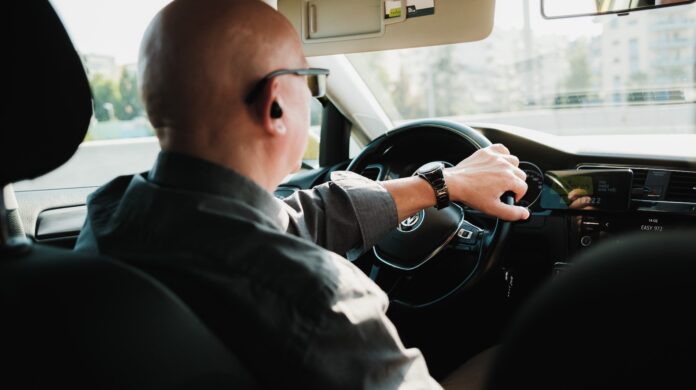What Happens If You Give an Uber Driver a Bad Rating
Firstly, your feedback helps Uber maintain high-quality standards for its drivers. The company takes ratings seriously and uses them as part of their evaluation process for drivers. If multiple passengers rate a driver poorly, it could lead to warnings or even deactivation from the platform if their performance consistently falls below acceptable levels.
Furthermore, negative ratings can impact the driver’s ability to receive trip requests. When passengers view available drivers in the app, they often consider factors like ratings and feedbacks before making their selection. A poor rating might make other passengers hesitant to choose that particular driver, resulting in fewer ride requests and potentially affecting their earnings.
Additionally, giving a bad rating allows Uber to address any issues directly with the driver involved. The company may reach out to gather more information about your experience or investigate further if necessary. This feedback loop helps ensure that both passenger satisfaction and driver performance are continuously monitored and improved upon.
The Importance of Driver Ratings
- Decreased Trip Requests: Low ratings can lead to a decrease in trip requests as potential passengers may choose drivers with higher ratings instead. This means fewer opportunities for us to provide our services and earn income.
- Difficulty Obtaining Rides: In some cases, consistently low ratings may even result in temporary or permanent deactivation from the platform. Uber aims to maintain high-quality service by weeding out drivers who consistently receive poor ratings.
- Negative Psychological Impact: Receiving a bad rating can be disheartening for drivers who strive to offer exceptional service and ensure passenger satisfaction. It can affect our confidence and motivation, making it crucial for riders to provide fair feedback.
Why Driver Ratings Matter to the Uber Community
Driver ratings play a crucial role in shaping the overall experience within the Uber community. They serve as a valuable tool for both drivers and passengers, fostering accountability and improving service quality. Here’s why driver ratings matter:
- Safety Assurance: Driver ratings contribute significantly to ensuring passenger safety on the platform. By providing honest feedback about their experiences, riders help identify any concerning behavior or issues that need attention.
- Quality Control: Rating systems act as quality control mechanisms by holding both drivers and passengers accountable for their actions during rides. This helps maintain high standards of professionalism within the community.
- Enhanced User Experience: Positive driver ratings allow Uber to recognize exceptional performance and reward outstanding drivers through incentives such as bonuses or perks like access to exclusive programs or features.

How Low Ratings Affect an Uber Driver’s Earnings
- Reduced Trip Volume: With lower ratings, drivers may experience a decrease in the number of ride requests they receive. This directly impacts their earning potential as fewer trips mean less income.
- Lower Tips: Passengers often consider driver ratings when deciding whether or not to tip. If a driver has consistently poor ratings, passengers may be less inclined to leave a tip, further reducing their overall earnings.
- Limited Opportunities: Drivers with low ratings might miss out on certain incentives or bonuses that are only available to those with higher average ratings. These additional perks can significantly boost a driver’s earnings.
How Uber Uses Driver Ratings
When it comes to rating an Uber driver, you might wonder what happens if you give them a bad rating. Well, let me shed some light on how Uber uses driver ratings and the impact it can have.
- Quality Control: Uber takes driver ratings seriously as they strive to maintain a high level of service quality. They use these ratings to monitor and evaluate the performance of their drivers. If a driver consistently receives poor ratings, it may lead to warnings or even deactivation from the platform.
- Improvement Opportunities: Low ratings can serve as valuable feedback for drivers, helping them identify areas where they can improve their service. By addressing customer concerns or issues highlighted in the feedback, drivers have a chance to enhance their skills and provide a better experience for passengers.
- Matching Drivers with Passengers: Uber utilizes driver ratings to match passengers with drivers who best meet their preferences and needs. This ensures that passengers are more likely to have positive experiences when using the platform.
- Safety Measures: Rating systems play a vital role in maintaining safety standards on the Uber platform. If multiple riders report safety-related concerns about a particular driver, Uber will investigate and take appropriate action based on those reports.
It’s important to note that giving an honest rating is crucial for maintaining the integrity of the system. However, it’s also essential to be fair and considerate when evaluating an Uber driver’s performance as they rely on these ratings for their livelihood.


